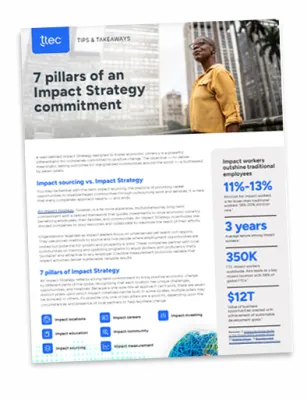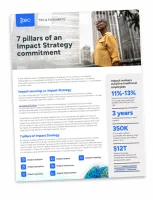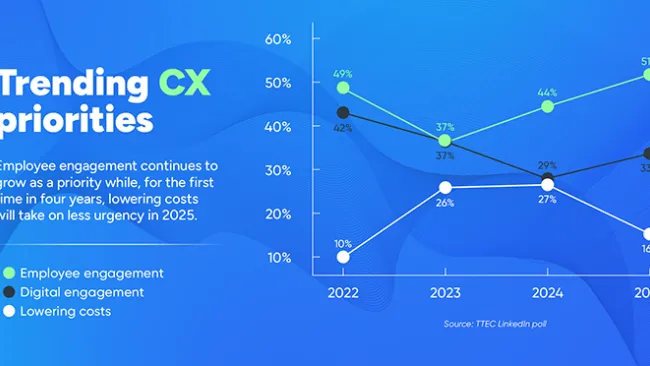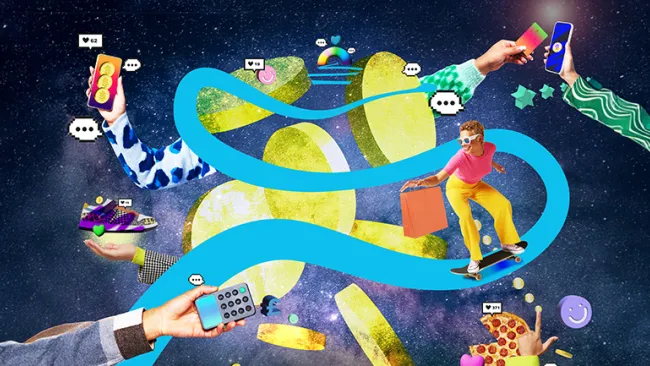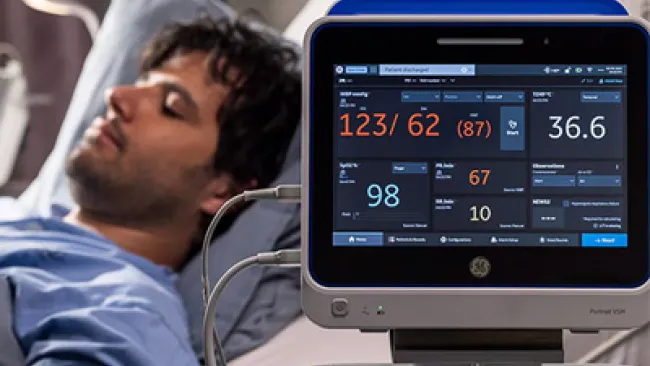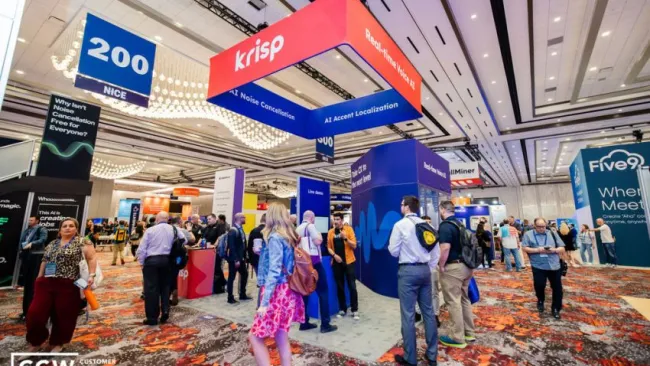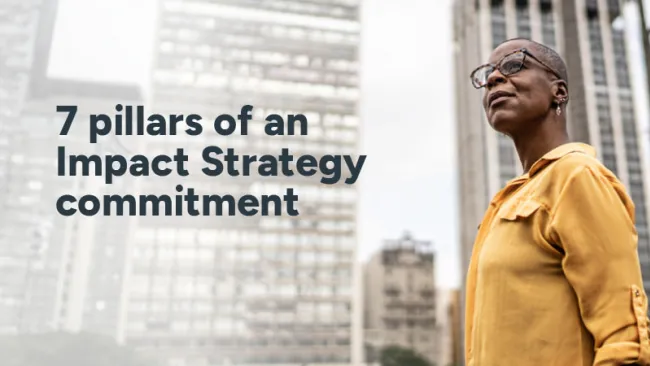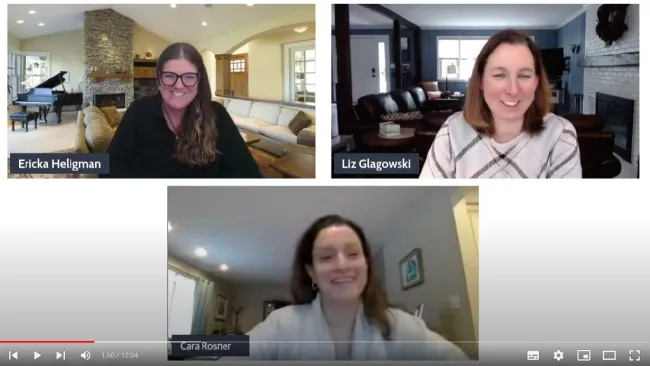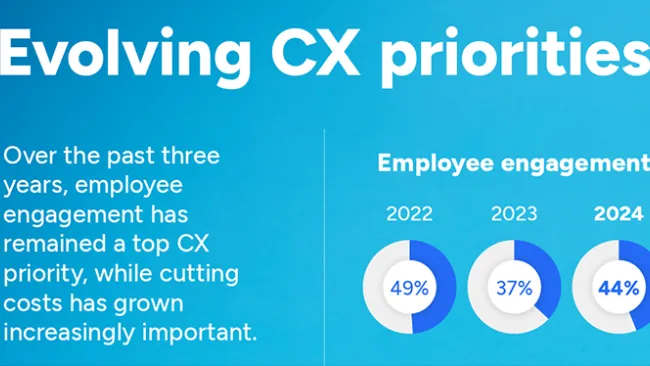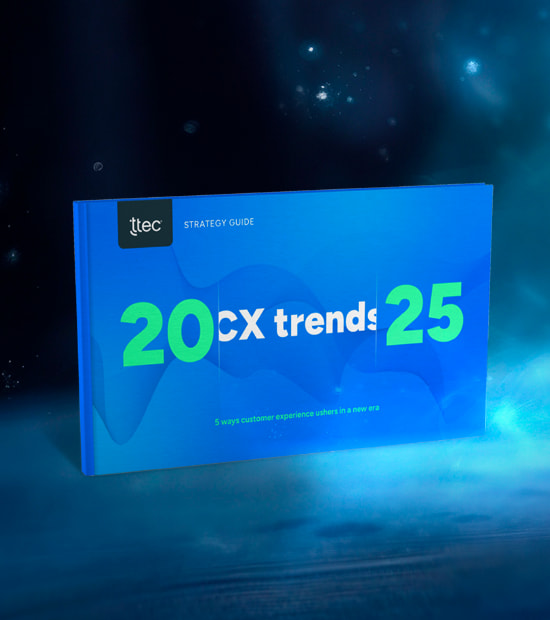Millennials make up 36 percent of today’s workforce, and are expected to reach 46 percent by 2020, according to Gallup. These tech-savvy, highly educatead, values-driven individuals are an attractive proposition for companies. They already play a significant role in shaping the future of businesses, redefining traditional ways of working, and disrupting the commercial landscape.
Yet a majority of hiring managers report difficulty in finding and retaining Millennial talent. In fact, according to a recent Deloitte study, two in three Millennials expect to leave their current employer by 2020. As a consequence, these managers are inclined to believe that Millennials lack the motivation required for career progression.
But engagement is not the same as motivation. TeleTech Consulting conducted a research study to examine the realities of what drives younger employees. By lifting the lid on the Millennial mindset—and how it compares to the mindset of older workers—we made a surprising discovery: Millennials are not only as motivated as everyone else, they are actually more motivated.
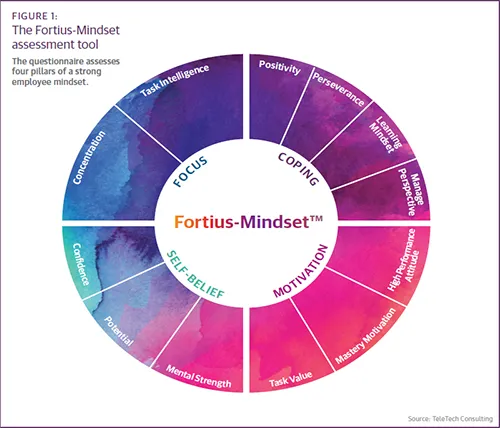
Research busts the Millennial myth
We surveyed more than 2,700 individuals from companies worldwide over a three-year period. Using TeleTech Consulting’s Fortius-Mindset™ assessment tool, we measured the specific characteristics of a high-performance mindset that shape a person’s level of motivation, self-belief, ability to focus, and ability to cope under pressure (see Figure 1). We then compared the average answers of younger workers (under 35 years old) to everyone else.
In addition to the survey, two focus groups with Millennials provided further input into how leaders within organizations can use these insights to increase engagement and retention of Millennials. We extracted the insight to determine differences and similarities between these two generational groups.
What we found
Contrary to popular belief, Millennials track very similarly to older workers along the 12 predictors of strong mindset, with only a few exceptions (see Figure 2). On a scale of 1 to 8, the mean scores along the 12 predictors nearly all fell between 5 and 6 for workers young and older.
On average, Millennials and older workers have similar feelings that tie to the following predictors:
Concentration:
Being able to shut out distractions and regain focus on a task.
Learning Mindset:
The strategy of drawing strength from setbacks by seeing them as learning experiences.
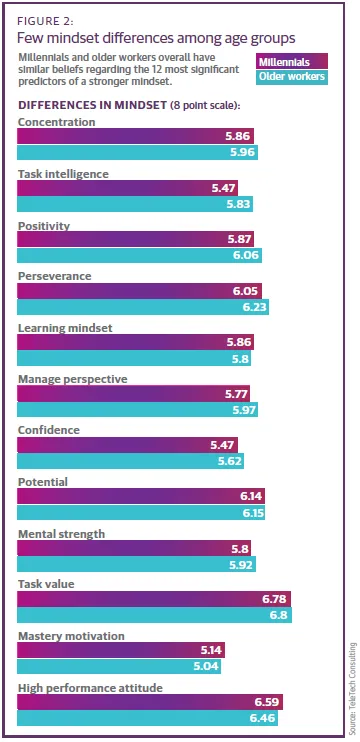
Confidence:
The belief that you can rely on yourself to perform the task when under pressure.
Potential:
The belief that you have the capability of achieving much more than at present in your role.
Mental Strength:
The belief that you have the power to resist strain or stress.
Task Value:
How important your work is to you.
Mastery Motivation:
The importance you place on executing the process.
High Performance Attitude:
The standard of effort you demand from yourself.
There is more difference among the groups in the following predictors:
Task Intelligence:
The feeling of being accomplished, knowledgeable, and experienced in regard to your area of performance and focus.
Positivity:
The strategy of optimistically moving to a positive, solution-focused frame of mind.
Perseverance:
The ability to put feelings aside and push forward through the challenge.
Manage Perspective:
The strategy of keeping things in perspective when under pressure.
What it means for organizations
The research uncovered three major trends that businesses can learn from when they develop strategies to hire and retain the best employees:
1. Leverage the learning mindset. In the midst of these dizzying rates of adoption and change, organizations that want to maintain a competitive advantage need to make sure they have people who want to stay ahead of emerging trends. Increasingly, the most valuable employees will be the ones with mental agility, a learning mindset, and a strong desire for continuous improvement.
According to our comparison data, Millennials on average have a stronger and more consistent appetite for learning than other generations. Yet in our focus groups, one of the most common complaints we heard from Millennials is that they weren’t being given enough opportunity to learn and grow.
This creates a “flight risk” in two ways. First, with a desire for instant gratification, Millennials are left with an unfulfilled need for personal development. Second, it erodes confidence: The mindset characteristic in which Millennials score lowest in relation to others is “Task Intelligence”—knowing what to focus on when under pressure.
The implication seems to be that if Millennials aren’t being mentored and coached to feel confident and competent in their role, they’re more likely than other generations to throw in the towel. But therein lies a huge opportunity. Millennials say they don’t just want to be competent—they want to be innovative. If managers can coach, mentor, and guide Millennials beyond task competence and into the realm of high performance, Millennials can then unleash their creativity to innovate. And innovation is the mother of all competitive advantage.
Ways to build Millennial mindset:
• Close the “Task Intelligence” gap through mentoring and coaching to build the required skills. This will result in greater levels of focus and engagement. Millennials say they want more of being mentored and coached and less of being managed.
• One size doesn’t fit all. Know how each individual learns. Then provide the resources for each person to develop a self-paced learning pathway utilizing digital and online learning platforms.
• Make it safe. New research from Google shows that one of the most effective ways to boost engagement is to create a psychological environment of “safety.” Millennials say that when people feel they are empowered to learn through taking calculated risks it allows them to innovate.
2. Release the pressure valve. If Millennials are indeed more intrinsically motivated than others, why aren’t they more committed to organizations? One of the answers lies in understanding the important distinction between the two types of motivation: results-oriented versus mastery.
Organizations that ask their people to doggedly pursue results at all costs create a pressure cooker environment in which people tend to operate out of a fear of failure. This results-oriented type of motivation is unsustainable—especially for Millennials who score lower in their ability to cope under pressure. So it’s no surprise that some Millennials have one eye on the exit door.
Mastery motivation, on the other hand, is the intentional application of behaviors that drive a person’s motivation by shifting their focus from achieving results to mastering inputs. Take juggling as an example. Expert jugglers teach their students that if they focus on mastering the throw, the catch will take care of itself. In the workplace, the analogy can be applied to cultivating an environment of doing things brilliantly well. For example, “striving for excellence,” “delighting the customer,” or “becoming world-class” are activities, not outcomes. The behaviors themselves will lead to exceptional results.
This strategy is more sustainable and supports continuous improvement. However, it does require perseverance (the ability to put feelings to one side, and push on one step at a time). Yet the data suggests that Millennials have perseverance in shorter supply than older workers.
In our focus groups, Millennials told us they are more likely to be committed to companies that cultivate a culture of excellence—one in which they can express themselves as individuals, rather than ones that are fixated on targets and results.
Ways to build Millennial mindset:
• Build the perseverance muscle by giving Millennials coping strategies that allow them to push through difficult situations. Embed learning through observation, in-the-moment feedback, and regular coaching conversations.
• Be passionate in talking through the activities required to produce a certain result, rather than just communicating goals or targets. Performance psychology experts agree that sustainable, resilient, high-energy motivation is best achieved when it comes from within.
• Celebrate success. Recognize, reward, and celebrate each step of an individual’s efforts toward improvement. Continual improvement is not just good for business, it’s also incredibly rewarding for the individual.
3. Make it matter. If Millennials are more likely to quit their jobs than anyone else, it could follow that the work itself is not as important to them. But our analysis reveals that’s simply not the case. The “task value” characteristic in our mindset evaluation model measures how much work matters to an individual—and it is the most important determinant of motivation for all the respondents.
If work matters as much for Millennials as everyone else, why isn’t that translating to loyalty? The simple answer is a lack of alignment between Millennials’ values and organizational values.
When Millennials were asked in the 2016 Deloitte Millennial Survey to rank the level of influence different factors have on their decision making at work, “my personal values” came first, ahead of other factors including career progression.
In our focus groups, Millennials said they wanted to make an impact through their work. Work was not merely a job but part of their life. Values that Millennials prize include being fair, integrity, and leading with a customer focus. Having a values-led culture is increasingly becoming a must-have for business. For example, companies that are successfully customer-obsessed are often the most profitable.
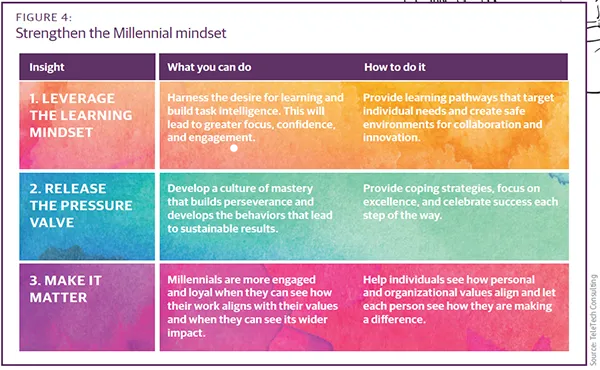
Ways to build Millennial mindset:
• Connect the dots. Encourage Millennials to articulate their own values. Demonstrate how these personal values connect to the organization’s values in a way that generates clarity and buy-in.
• Explain deviations. Sometimes leaders have to make decisions based on business imperatives that deviate from core values. Where possible, take the time to carefully explain the rationale for these decisions to maintain trust, transparency, and integrity.
• Maintain visibility of personal impact. Create and maintain visible links between improving personal productivity and organizational effectiveness. For example, voice of the customer feedback helps employees see the positive impact their day-to-day activity is having on real people.
Take action for overall improvement
The research on Millennial mindset shows that while Millennials on average have some unique expectations of their job, our recommendations for boosting their engagement also make sense for employees of all ages (see Figure 4).
Millennials are becoming a larger part of your employee population every day, and they are moving up the ranks into more strategic leadership positions. It’s important for companies to adjust employee policies, procedures, and career development strategies to overcome the “lazy” and “distracted” Millennial myth and build strong employee relationships over the long term.



